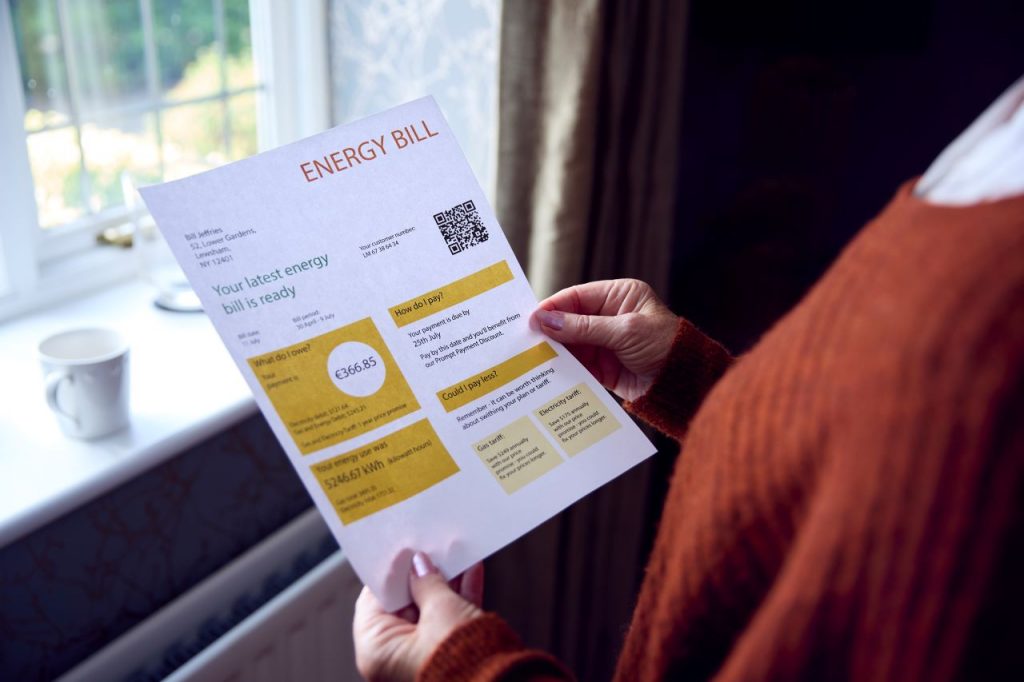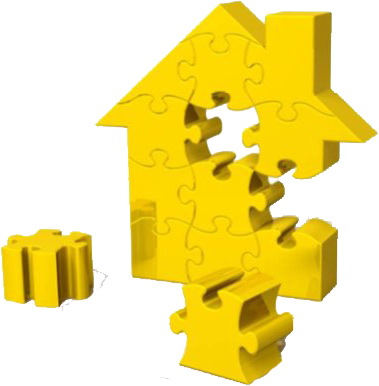To tackle the soaring electric bills in the UK, it’s essential to increase the energy efficiency of our homes. While practising energy conservation at home can feel like an overwhelming task, it’s a must-do for cost savings and a more comfortable environment.
Fortunately, Energy Performance Tests and Air Tightness Tests offer valuable insights into the energy consumption of your home’s appliances and electronics. Through these tests, you can uncover which aspects of your home use up the most electricity and implement improvements for minimising energy consumption.
At Gio Property Solutions, we have conducted EPCs, Air Tightness Tests and other home energy efficiency assessments for many property owners. Our experience has enabled us to understand the areas within homes that consume the most energy.
Understanding what uses the most energy in your home will allow you to take targeted actions to improve energy efficiency and reduce consumption. We’ve simplified this process by providing a comprehensive breakdown of these elements and offering valuable tips to help you lower your home energy consumption.
Let’s get started!
Exploring The Biggest Energy Consumers at Home
1. Heating System: 25%
In the UK, the heating system accounts for about 25% of the average home energy consumption. Boilers and electric heaters work hard to keep your home warm throughout the year, resulting in significant energy consumption, especially in the colder months.
Pro Tip:
To control heating consumption and reduce energy costs, consider installing a programmable thermostat. Additionally, you could implement simple measures like blocking drafts and closing curtains at night, which all help retain heat and lessen the strain on your heating system.
2. Wet Appliances: 15%
Dishwashers, tumble dryers, and other wet appliances collectively contribute to 15% of the total energy consumed in an average UK household. Amongst other wet appliances, water heaters alone consume a significant portion of this energy, particularly when heating water for showers, baths, and other domestic uses.
Pro Tip:
To conserve electricity, wash clothes at a lower temperature and don’t do half loads. Similarly, utilise the eco setting on dishwashers and don’t run them until they are full. By using these gadgets more sensibly, you can lessen the impact they have on the environment and bring down your utility bills.
3. Cold Electronics: 14%
Refrigerators and freezers are essential household appliances, which use up to 14% of the average home energy consumption. Since they work nonstop to keep our food fresh, they require electricity at all times. Despite their constant usage, these appliances have an impressive average lifespan of 17 years. This longer lifespan emphasises the importance of selecting energy-efficient models to lessen both their environmental effects and energy expenses.
Pro Tip:
If you’re considering buying a new refrigerator or freezer, choose an energy-efficient model. Look for the highest energy rating you can afford and consider buying the smallest size that meets your needs, which will enable you to save money in the long run and use less energy.
4. Consumer Devices: 6%
Now more than ever, our reliance on consumer devices like TVs, laptops, and gaming consoles is at its peak. These gadgets need electricity to operate and therefore, it makes sense that they account for about 6% of the average home energy consumption.
Pro Tip:
When buying a new TV, select the most energy-efficient model within your budget or consider a smaller screen size to cut down on operating costs. Remember to switch them off standby when not in use to save energy. Making small changes in how you use consumer electronics can add up to significant energy savings over time.
5. Lighting: 5%
While lighting may seem insignificant when it comes to energy usage, it makes up about 5% of an average home’s energy consumption in the UK. Traditional halogen bulbs are energy hogs compared to LEDs, which consume less power and last longer.
Pro Tip:
Switch to LEDs to save on your home energy consumption and have more control over the ambience with options ranging from cool and bright to warm and cosy lighting. Another obvious (but still very common) money-saving trick is to remember to switch off lights when not in use or when leaving a room – this can help you save around £7 per month on energy bills.
6. Cooking Equipment: 4%
Cooking equipment like the oven, hob, kettle, and microwave collectively contribute to about 4% of the average home energy usage in the UK. While these appliances are necessary for cooking, using them inefficiently can result in increased energy costs. It’s important to use them wisely and adopt energy-saving practices to minimise wastage.
Pro Tips:
To save energy while cooking, use appropriately sized pots and pans on your hob and match them to the burner size. This ensures efficient heat transfer and lowers energy wastage. Additionally, use lids during cooking to trap heat and reduce cooking time. For smaller meals, choose smaller kitchen appliances like microwaves or toaster ovens, which are more energy-efficient than full-size ovens.
Other Contributors
While the above-mentioned categories are the biggest contenders when it comes to energy consumption, many other factors make up the remaining percentage of the total energy usage. This can include items like irons, coffee makers, WiFi routers and many other products that use electricity.
Even though they might not add a significant amount to the overall energy consumption, when you consider them collectively, they still have an impact. This is why it’s important to implement energy-saving practices throughout your home and remain alert about the wastage of energy in all aspects of daily life.
Want to Reduce Energy Consumption of Your Home? Contact Gio Property Solutions
If you want to make energy-efficient upgrades to your home or property, we can help!
At Gio Property Solutions, we offer Energy Performance Certificates, Air Tightness Testing, Retrofit Coordination and more. Our goal is to assist home and property owners in making well-informed decisions aimed at enhancing energy efficiency, minimising carbon emissions, and creating a sustainable living environment.
Through our expertise, we can help you with valuable insights about your property’s energy consumption, and pinpoint areas for improvement. Besides this, we also offer tailored suggestions to boost energy efficiency.
Discover more about our services or contact us today to book an appointment!


